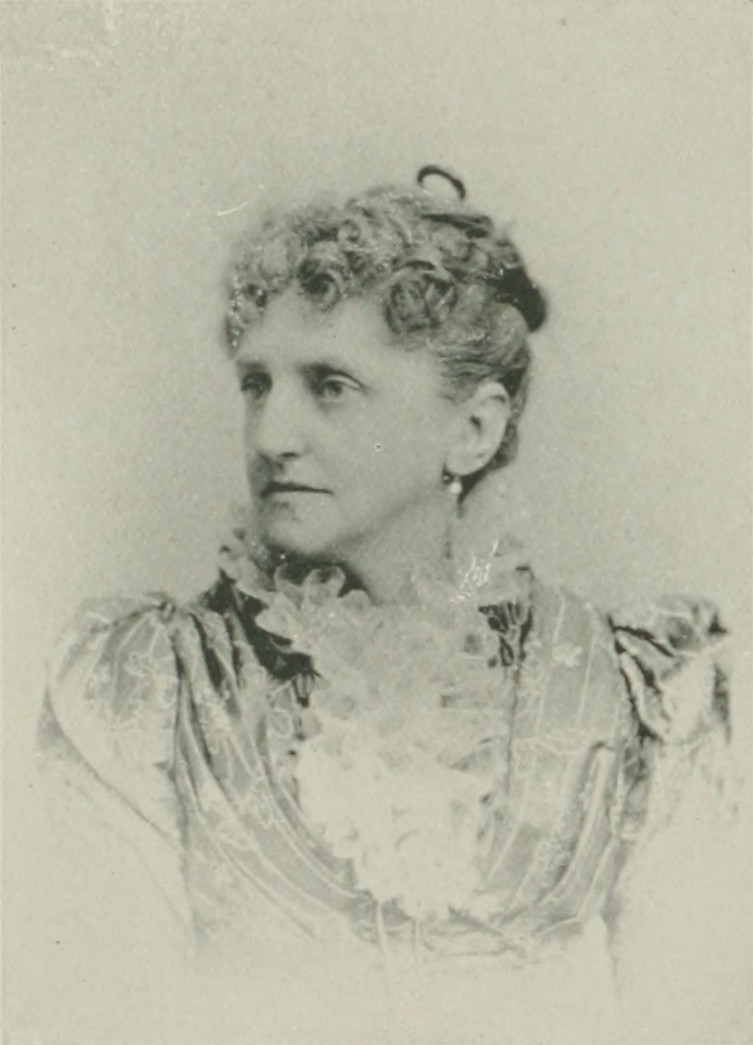Lillie Devereux Blake
 Lillie Devereux Blake (pen name, Tiger Lily; August 12, 1833 – December 30, 1913) was an American woman suffragist, reformer, and writer, born in Raleigh, North Carolina, and educated in New Haven, Connecticut. In her early years, Blake wrote several novels and for the press. In 1869, she became actively interested in the woman suffrage movement and devoted herself to pushing the reform, arranging conventions, getting up public meetings, writing articles and occasionally making lecture tours. A woman of strong affections and marked domestic tastes, she did not allow her public work to interfere with her home duties, and her speaking outside of New York City was almost wholly done in the summer, when her family was naturally scattered. In 1872, she published a novel called ''Fettered for Life'', designed to show the many disadvantages under which women labor. In 1873, she made an application for the opening of Columbia College to young women as well as young men, presenting a class of girl students qualified to enter the university. The agitation then begun led to the establishment of Barnard College.
Lillie Devereux Blake (pen name, Tiger Lily; August 12, 1833 – December 30, 1913) was an American woman suffragist, reformer, and writer, born in Raleigh, North Carolina, and educated in New Haven, Connecticut. In her early years, Blake wrote several novels and for the press. In 1869, she became actively interested in the woman suffrage movement and devoted herself to pushing the reform, arranging conventions, getting up public meetings, writing articles and occasionally making lecture tours. A woman of strong affections and marked domestic tastes, she did not allow her public work to interfere with her home duties, and her speaking outside of New York City was almost wholly done in the summer, when her family was naturally scattered. In 1872, she published a novel called ''Fettered for Life'', designed to show the many disadvantages under which women labor. In 1873, she made an application for the opening of Columbia College to young women as well as young men, presenting a class of girl students qualified to enter the university. The agitation then begun led to the establishment of Barnard College.In 1879, she was unanimously elected president of the New York State Woman Suffrage Association, an office which she held for eleven years. During that period, she made a tour of the State every summer, arranged conventions, and each year conducted a legislative campaign, many times addressing committees of the senate and assembly. In 1880, the school suffrage law was passed, largely through her efforts, and in each year woman suffrage bills were introduced and pushed to a vote in one or both of the branches of the legislature. In 1883, the Rev. Morgan Dix, D. D., delivered a series of Lenten discourses on " Woman," presenting a most conservative view of her duties. Blake replied to each lecture in an able address, advocating more advanced ideas. Her lectures were printed under the title of "Woman's Place To-day" (New York), and had a large sale. Among the reforms in which she was actively interested were that of securing matrons to take charge of women detained in police stations. As early as 1871, she spoke and wrote on the subject, and through her labors, in 1881 and 1882, bills were passed by the assembly, failing to become laws, however, because of the opposition of the New York City Police Department. She continued to agitate the subject, public sentiment was finally aroused, and in 1891 a law was passed enforcing this reform.
The employment of women as census takers was first urged in 1880 by Blake. The bills giving seats to saleswomen, ordering the presence of a woman physician in every insane asylum where women were detained, and many other beneficent measures were presented or aided by her. In 1886, Blake was elected president of the New York City Woman Suffrage League. She attended conventions and made speeches in most of the U.S. state and Territories and addressed committees of both houses of Congress and of the New York and Connecticut legislatures. At the same time, she continued her literary labors. She was remembered as a graceful and logical writer, a witty and eloquent speaker and a charming hostess, her weekly receptions through the season in New York having been for many years among the attractions of literary and reform circles. Provided by Wikipedia